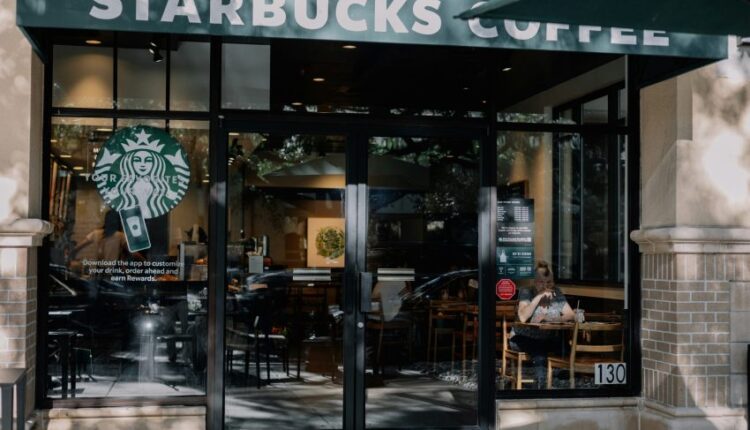Price Hikes and Boycotts: Is Trouble Brewing at Starbucks?
Andrew Buckley, a loyal customer of Starbucks, recently quit due to the company’s recent price increase, which sent the cost of his drink above $6. The decision was a sign of the bigger troubles brewing at Starbucks, as it is hitting new resistance from inflation-weary customers just as fights over unionization and protests against the company cast as a way to oppose Israel’s war in Gaza are sparking boycott calls and tarnishing the brand.
Sales at the company slumped 1.8% year-on-year globally at the start of 2024. In the US, sales at stores open at least a year dropped 3%, the biggest fall in years outside the pandemic and Great Recession. Among those jumping ship were some of the firm’s most committed customers – rewards members, whose active numbers marked a rare 4% fall compared with the prior quarter.
Former regular David White says he has stopped nearly all of his purchases with Starbucks in recent months, at times abandoning orders mid-purchase, aghast at the totals in his cart. His outrage over price hikes has been bolstered by other company decisions, including its crackdown on workers seeking to unionize.
Starbucks chief executive Laxman Narasimhan said sales had been disappointing, citing in part more cautious customers, while acknowledging that “recent misinformation” had weighed on sales, especially in the Middle East. He defended the brand and vowed to bring back business with new menu items such as boba drinks and an egg sandwich with pesto, speedier service in stores, and a flurry of promotions.
Chief financial officer Rachel Ruggeri said the company was seeing signs of revival, noting growth in active rewards members. The firm does not intend to back away from its expansion plans, but she warned investors that the challenges would not quickly disappear.
Starbucks has experienced a significant sales drop in recent months, which has sparked debate about whether it is a warning that the go-lucky consumer spending that has powered the world’s largest economy might be losing steam. Starbucks, along with other big fast-food brands like McDonald’s, Wendy’s, and Burger King, have reported softening sales and announcing discount sprees to try to revive enthusiasm. However, many analysts believe that Starbucks’ sales drop reveals more about the company than the wider economy.
The company was already under pressure from a years-long fight with union activists, who raised concerns about pay and working conditions that clashed with the firm’s progressive reputation. In late October, after Starbucks sued the union for a social media post expressing “solidarity” with Palestinians, the dispute landed it in the middle of debates over Israel’s war in Gaza, sparking global boycott calls that took on a life of their own. Starbucks has blamed misinformation about its views after issuing a blanket statement condemning violence in the region.
The boycott calls crescendoed on social media in January and continue to linger, according to a Bank of America analysis. YouTube comedian Danny Gonzalez apologised to his 6.5 million followers for the incidental presence of a Starbucks cup in a recent video after a backlash. Starbucks executives have remained relatively quiet on the topic during sales discussions, but as Ms Zackfia puts it: “You would really be putting your head in the sand not to think that it has had an effect.”
Bank of America analyst Sara Senatore says that other causes seemed insufficient to explain such a sudden and severe sales drop, noting that the firm’s price hikes do not stand out from their competitors’. She says a quick turnaround could be a tall order, comparing the impact to the brand crisis that faced Chipotle after its stores were found responsible for sparking e-coli outbreaks, which took years to shake off.
For friends Veronica and Maria Giorgia, the feel of the company has changed. Veronica, 16, says she doesn’t go as much anymore due to a combination of better options elsewhere, the jump in prices, and recent protests by labor activists. “That opened my eyes,” she says. “It feels more like a chain.”
While Maria Giorgia remains a regular customer, the 17-year-old says her perception of the firm has shifted. “It used to be cool in middle school. Now it’s just convenient.”
Read More @ BBC
Source: Coffee Talk



